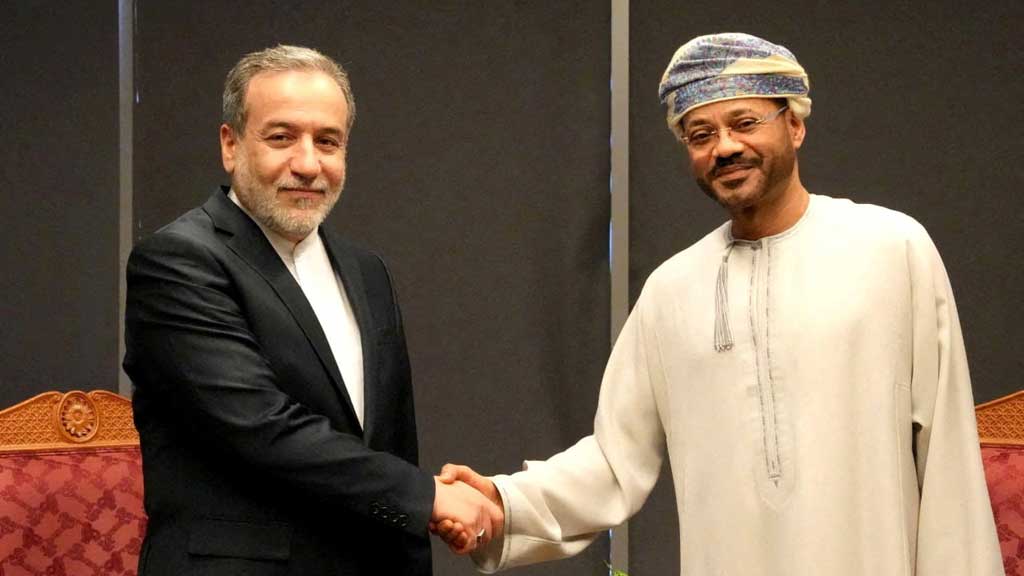Following rare, high-stakes nuclear talks in Muscat, Oman, Iran has said the United States is pushing for a nuclear agreement “as soon as possible,” amid mounting pressure from Washington and the threat of military action by President Donald Trump.
The talks marked the highest-level engagement between the longtime adversaries since the collapse of the 2015 nuclear agreement, which Trump withdrew from during his first term in 2018. Leading the delegations were Iran’s Foreign Minister Abbas Araghchi, a key negotiator of the original deal, and Trump’s Special Envoy Steve Witkoff.
Although the negotiations were largely indirect, Araghchi and Witkoff briefly exchanged words in person—an unusual step given the format. Araghchi later told Iranian state TV, “The American side said a positive agreement should be reached as quickly as possible, but that will require effort and mutual willingness.”
He added, “We came quite close to establishing a framework for negotiations. Neither side is interested in endless talks or empty gestures.”
The White House echoed that sentiment, describing the discussions as “very positive and constructive,” and stating that Witkoff’s engagement “marked progress toward a mutually beneficial outcome.” Talks are set to resume next Saturday.
Despite US calls for direct negotiations, Iran insisted on the indirect format, with Oman’s Foreign Minister Badr bin Hamad al-Busaidi serving as the go-between. Iran’s Foreign Ministry stated that the negotiations took place “in a constructive and mutually respectful atmosphere,” with the two delegations remaining in separate rooms throughout the session at a hotel in Muscat.
The backdrop to the talks is a volatile one. President Trump, speaking from Air Force One, again warned of military action if diplomacy fails: “I want Iran to be a great and happy country—but they can’t have a nuclear weapon.”
Trump’s envoy, Steve Witkoff, told The Wall Street Journal that the US aims for Iran to fully dismantle its nuclear program, though he acknowledged there may be “marginal” room for compromise. “Our red line is no weaponization,” he said.
Iran, meanwhile, is seeking relief from crippling sanctions that have battered its economy. The Islamic Republic has maintained its nuclear activities are for civilian purposes, though the latest IAEA report notes that Iran has stockpiled nearly 275 kg of uranium enriched to 60%—approaching weapons-grade levels.
Ali Shamkhani, a senior advisor to Iran’s Supreme Leader Ayatollah Ali Khamenei, stated that Tehran is seeking “a genuine and fair agreement.”
The urgency of the situation is underscored by threats from both the US and Israel, and growing domestic pressure on the Iranian leadership. “The regime’s survival is the top priority,” said Karim Bitar, a Middle East expert at Sciences Po in Paris. “Sanctions relief is essential to revive an economy under severe strain and boost public support.”
The stakes remain high as both sides prepare for next week’s follow-up session, with the future of nuclear diplomacy—and regional stability—hanging in the balance.











0 comments:
Post a Comment